UnitedHealth Group, one of America’s most powerful corporations and a member of the exclusive Dow Jones Industrial Average, is facing a crisis that has sent shockwaves through the healthcare industry and financial markets. The unraveling of this corporate giant reached a critical point this week with the abrupt resignation of CEO Andrew Witty for "personal reasons," the company’s sudden abandonment of its financial guidance, and a bombshell revelation from The Wall Street Journal that UnitedHealth is under federal criminal investigation for possible Medicare fraud.
The developments have stunned investors, triggering a dramatic loss of confidence. UnitedHealth’s stock (UNH) has lost half its value—a staggering $288 billion—in just a month. Its share price plunged to its lowest level since April 2020, during the height of the pandemic. This rapid decline represents a spectacular reversal of fortunes for the nation’s largest health insurer and one of America’s most influential companies.
The trouble at UnitedHealth comes almost exactly six months after the murder of Brian Thompson, one of its top executives. The brazen shooting in Midtown Manhattan captured international attention and highlighted deep public resentment toward the healthcare industry. The selloff of UnitedHealth’s stock gained momentum on Thursday, driven by the Journal’s report of a federal criminal investigation, which sent shares down another 13%. This decline puts UnitedHealth on track for its worst week since 1998, according to FactSet data.
The Department of Justice’s (DOJ) healthcare-fraud unit is reportedly overseeing an investigation into possible Medicare fraud at UnitedHealth. In response to the Journal’s report, UnitedHealth posted a statement online criticizing the paper’s coverage as "deeply irresponsible" because the precise nature of the potential criminal allegations is unclear. "We have not been notified by the Department of Justice of the supposed criminal investigation reported, without official attribution, in the Wall Street Journal today," UnitedHealth said. "We stand by the integrity of our Medicare Advantage program." The DOJ declined to comment.
Jeffrey Sonnenfeld, founder of the Yale Chief Executive Leadership Institute, sees the abrupt nature of the CEO transition as a telling sign. "The fact the board moved with this much speed means they obviously lost confidence in the CEO. It’s got to be pretty bad if they moved this fast," Sonnenfeld said. "It’s astounding." UnitedHealth described the CEO switch as a decision Witty made "for personal reasons" and said he has agreed to serve as a senior adviser. However, Sonnenfeld suspects Witty was forced out. "‘Personal reasons’ is the humiliation of this implosion," he said.
To address the crisis, UnitedHealth is turning to a familiar face: Stephen Hemsley, its former longtime CEO and current chairman. Hemsley praised Witty for displaying "real integrity and compassion during one of the most difficult periods any company could endure." However, he also expressed his displeasure with UnitedHealth’s recent stumbles. "To all stakeholders, including employees and shareholders, I am deeply disappointed in and apologize for the performance setbacks we have encountered from both external and internal challenges," Hemsley said during a conference call on Tuesday.
Sonnenfeld hailed the decision by UnitedHealth’s board to bring back Hemsley, who led the company to success between 2006 and 2017. "He does know where the bodies are buried, and he’s the perfect guy to go to," he said. Morgan Stanley analyst Erin Wright agrees, describing Hemsley in a research report as "the most appropriate person to step in as CEO at this juncture in light of the recent setbacks." UBS analyst AJ Rice, in a report to clients, praised Hemsley as a "steady hand to lead the company in this turbulent time."
Hemsley will face significant challenges in restoring confidence and addressing the company’s issues. Beyond the reported DOJ investigation, UnitedHealth is under intense scrutiny from multiple parts of the federal government. In its annual report, UnitedHealth acknowledged involvement in various governmental investigations, audits, and reviews by agencies including the DOJ, the Internal Revenue Service, the Labor Department, and the Securities and Exchange Commission.
The decision to abandon 2025 financial guidance has further unnerved investors. Bank of America downgraded UnitedHealth from "buy" to "neutral" on Tuesday, warning that it could take years for the company to recover. The combination of the CEO’s abrupt resignation, the abandonment of financial guidance, and the ongoing investigations has created a perfect storm of uncertainty for UnitedHealth.
UnitedHealth Group’s recent crisis highlights the fragility of corporate stability even in the face of significant market power. The abrupt resignation of CEO Andrew Witty, the abandonment of financial guidance, and the revelation of a federal criminal investigation have collectively eroded investor confidence and led to a dramatic drop in the company’s stock value. As UnitedHealth turns to former CEO Stephen Hemsley to navigate these challenges, the road to recovery will be fraught with obstacles. The healthcare giant’s ability to restore trust and address ongoing regulatory scrutiny will be crucial in determining its future success.

By Laura Wilson/May 16, 2025

By Michael Brown/May 16, 2025

By Elizabeth Taylor/May 16, 2025

By Sophia Lewis/May 16, 2025

By Noah Bell/May 16, 2025

By Joshua Howard/May 16, 2025
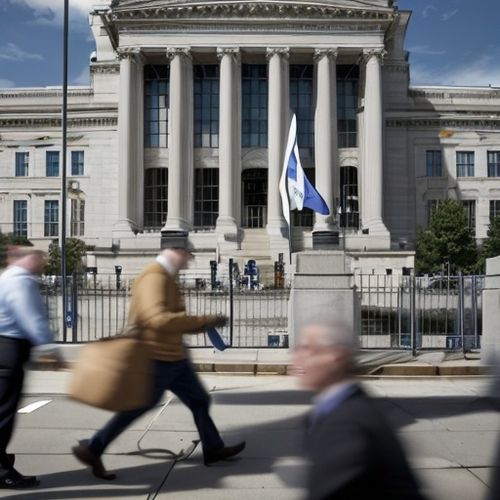
By John Smith/May 16, 2025
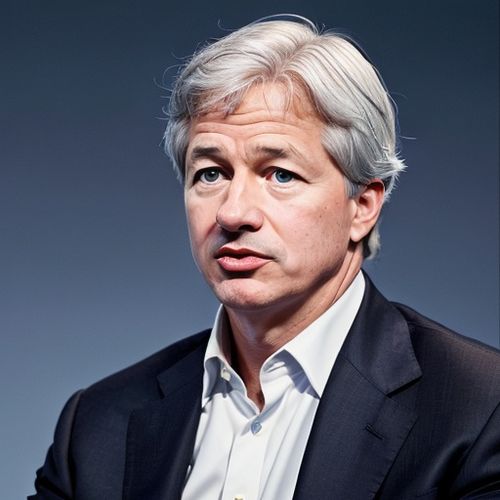
By Laura Wilson/May 16, 2025

By Benjamin Evans/May 16, 2025

By Michael Brown/May 16, 2025
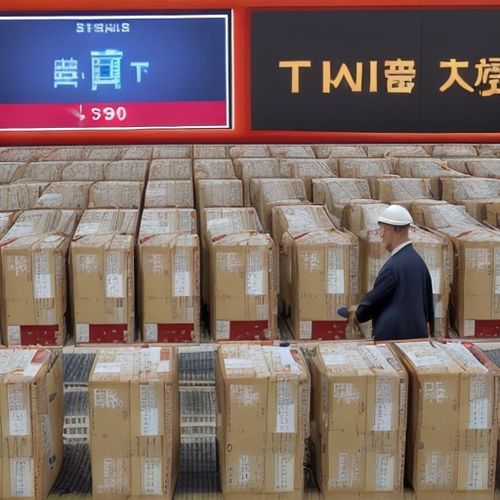
By Sarah Davis/May 16, 2025

By William Miller/May 16, 2025

By Sarah Davis/May 16, 2025
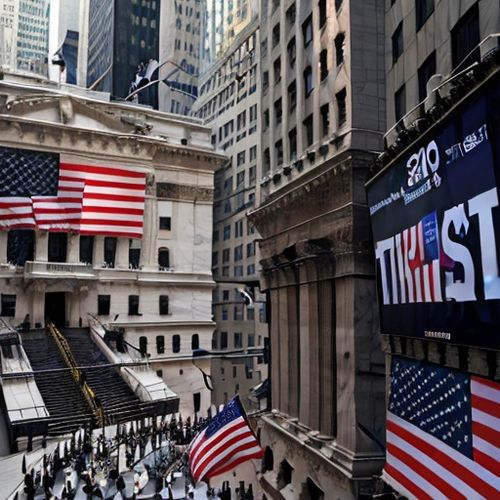
By Benjamin Evans/May 16, 2025

By Rebecca Stewart/May 16, 2025

By Natalie Campbell/May 16, 2025
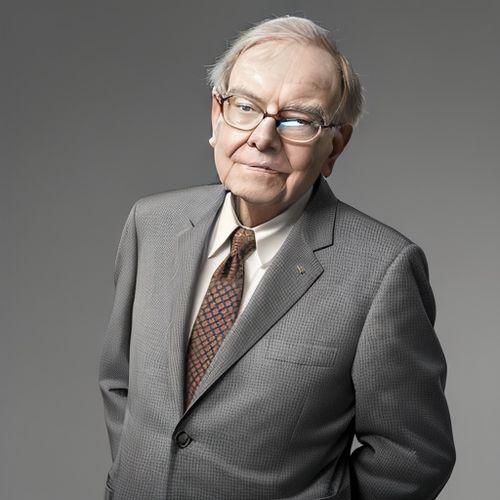
By Lily Simpson/May 16, 2025

By Olivia Reed/May 16, 2025

By Olivia Reed/May 16, 2025
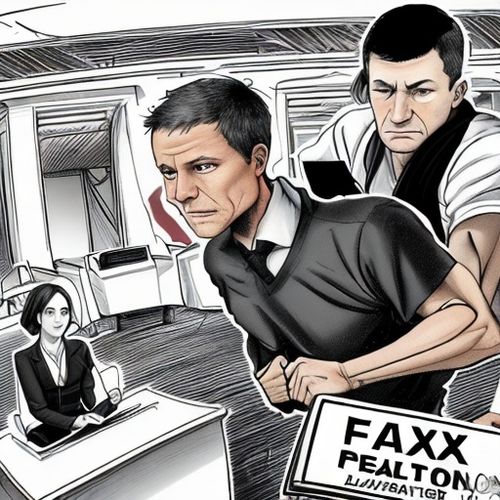
By Elizabeth Taylor/May 16, 2025